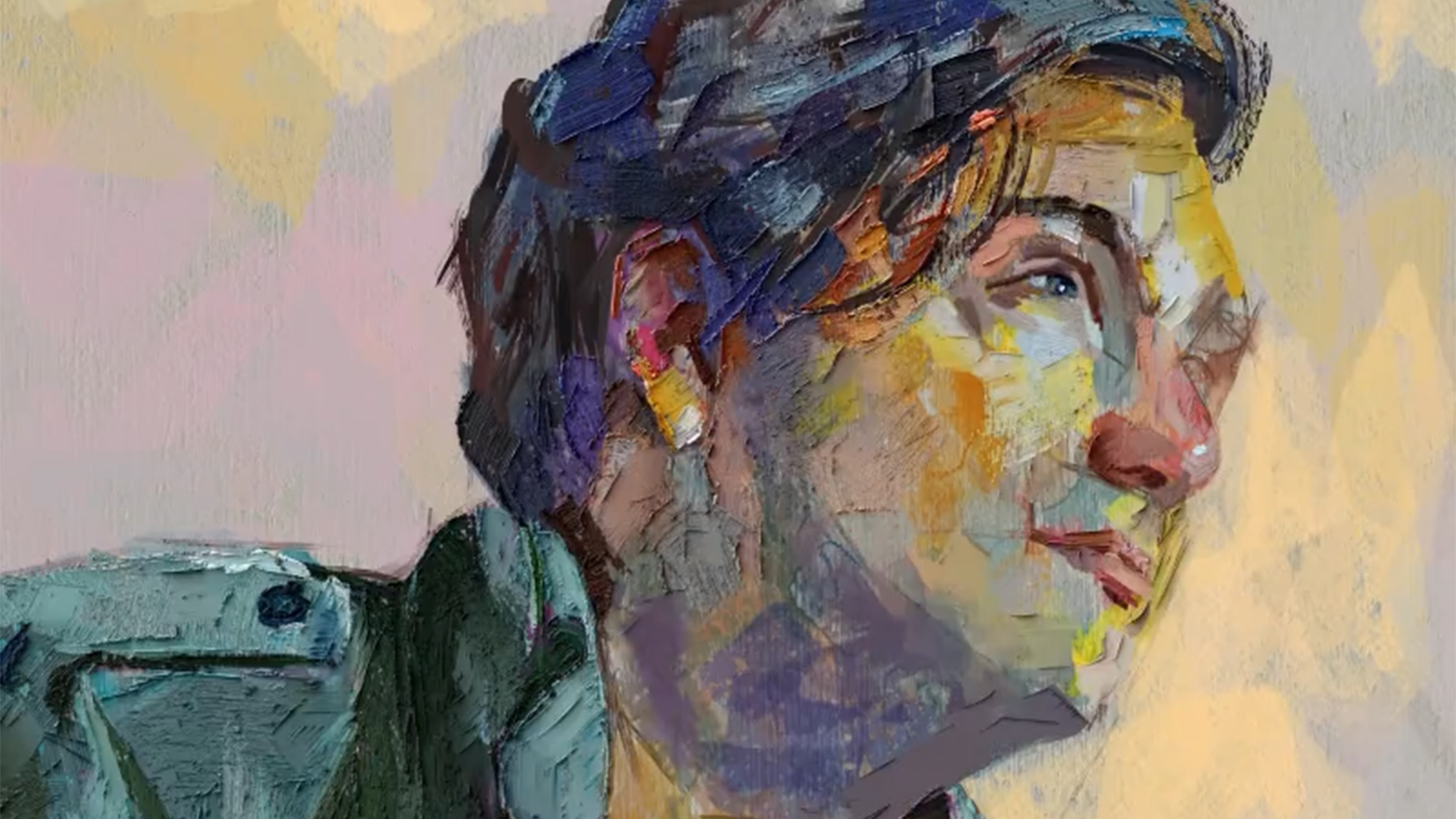Report reveals the extent of AI use in game development
According to Unity, AI is here to stay.
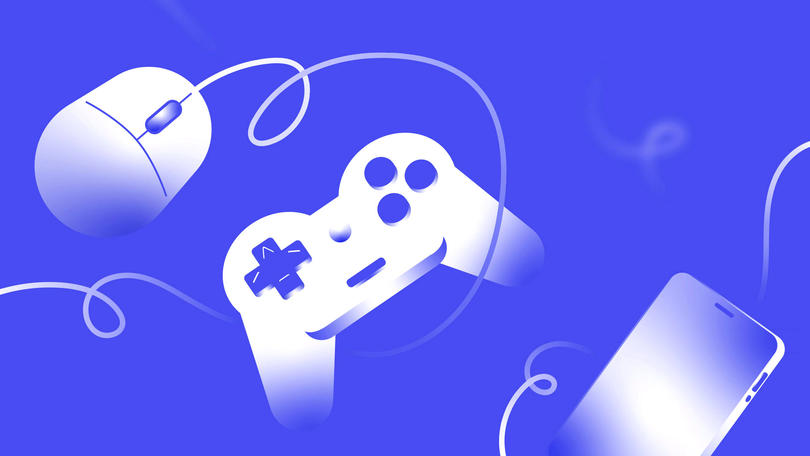
Despite recent headlines questioning the stability of the gaming industry – with layoffs said to be worse than ever and PlayStation closing its London studio – the latest 2024 Unity Gaming Report is putting a positive spin on the uncertain future of this industry. Developers are said to be heavily reliant on the use of AI (with 62% of studios incorporating AI in their workflows).
It seems that not even the best laptops for game development are enough to get the job done anymore, with developers using generative AI to meet demands and get games released faster. At least that's according to the Unity Gaming Report 2024 which was released yesterday by the development company, coinciding with the 2024 Game Developers Conference (GDC) happening in San Francisco.
It's hard to say if AI is directly responsible for replacing the jobs of game developers, or if it really is down to factors like post-pandemic revenue losses and the rising cost of living, making it harder for businesses to thrive. But if this report tells us anything, it's that the use of AI is prominent within the gaming industry and crucial for 'working smarter', as the report details, while staying on top of trends.
How are game studios using AI?
The report by Unity found that studios are using AI to save time – primarily for tasks like quick prototyping, conceiving ideas, premade textures and materials, asset creation including NPCs, animation improvement, code writing acceleration, testing gameplay loops, automating narrative elements, and worldbuilding – to name just a few.
71% of the studios that are using AI say that it’s improved their delivery and operations.
Unity Gaming Report 2024
Unity also found through its report that AI is most commonly used within online multiplayer games and VR/AR technologies.
Faster productivity for developers seems to be the key goal, with the average time to launch a game increasing to over 300 days in 2023. Devs need to see a faster return on investment by getting products to the market, and what better way to speed things up than with AI, right?
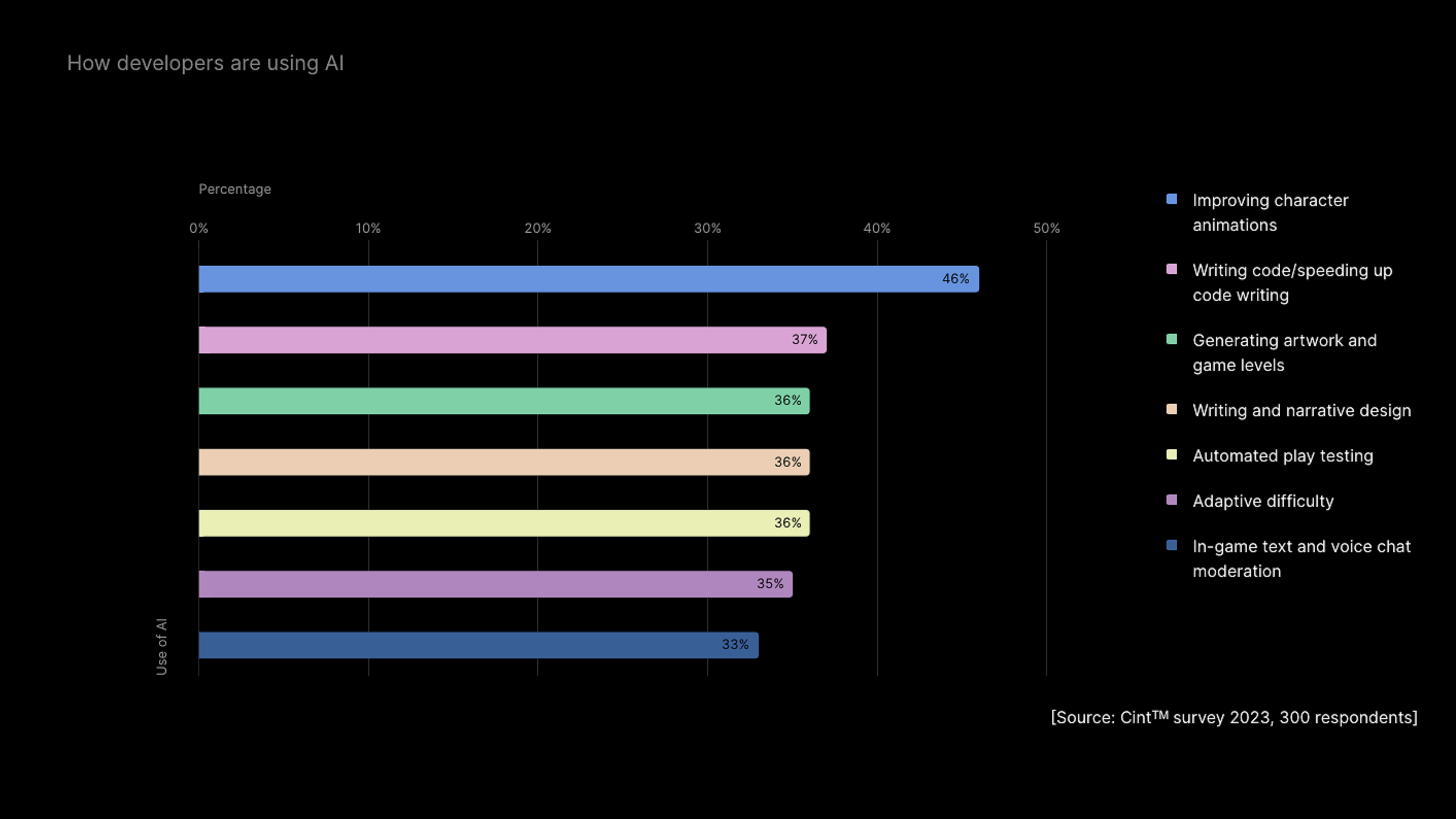
According to the report, 'working smarter requires low-risk tactics that improve the chances for success', and using AI to do this does have its pain points like the challenges that come with trialling new technologies, and integrating this with other tools and systems already in place. Timothy Vanherberghen, Founder and CEO of game studio, Triangle Factory, has said that:
"Players are setting the bar higher these days, and this has an impact on production. Studios need to make sure that they can actually reach the expectations of those players, and production becomes more costly and takes more time."
Fabio Franconceri, Head of Games Engineering at SYBO has also contributed to the report, stating, "I am experimenting with AI. There are many disciplines that go into making a game, and I am trying to understand how each and every one of them can benefit from it, like tools that can aid prototyping and content generation, level design, and narrative. I think there’s a whole universe that goes into workflows and analysis of data and analytics, so there’s so much that can be done with AI that can boost productivity at every level."
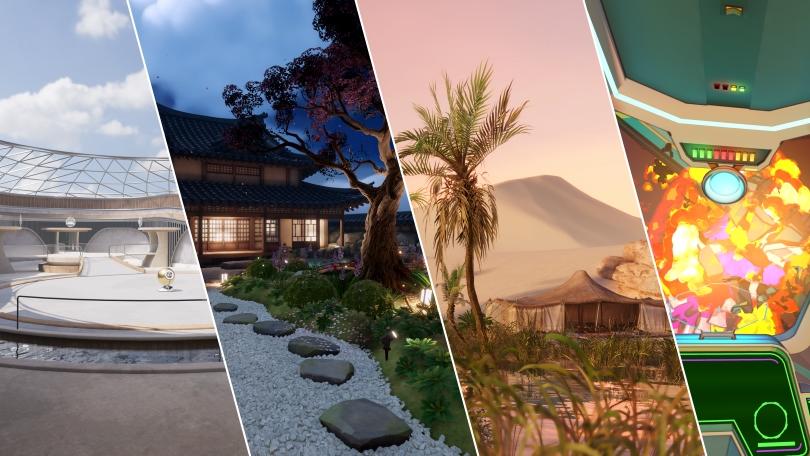
Does AI help game designers?
Design is a huge part of game development, aside from code generation and testing, but we know that using AI for design comes with its own batch of complications, just take a look at the Palworld Pokémon 'AI plagiarism' row that's been causing a commotion and raising questions.
If used correctly, AI should be able to help with animation and character design for game development. According to Unity, AI has been beneficial for studios in creating elements of worldbuilding as well as NPCs (non-playable characters).
Kjell Bronder, the VP of Product Management at Niantic, comments, "to increase our productivity, like many others, we’ve been really looking at AI and seeing how we can use this new generation of tools to empower our designers so they can create new assets to explore new ideas. Also, how we can prototype new ways of characters, bring them to life, and have them animate in new ways."
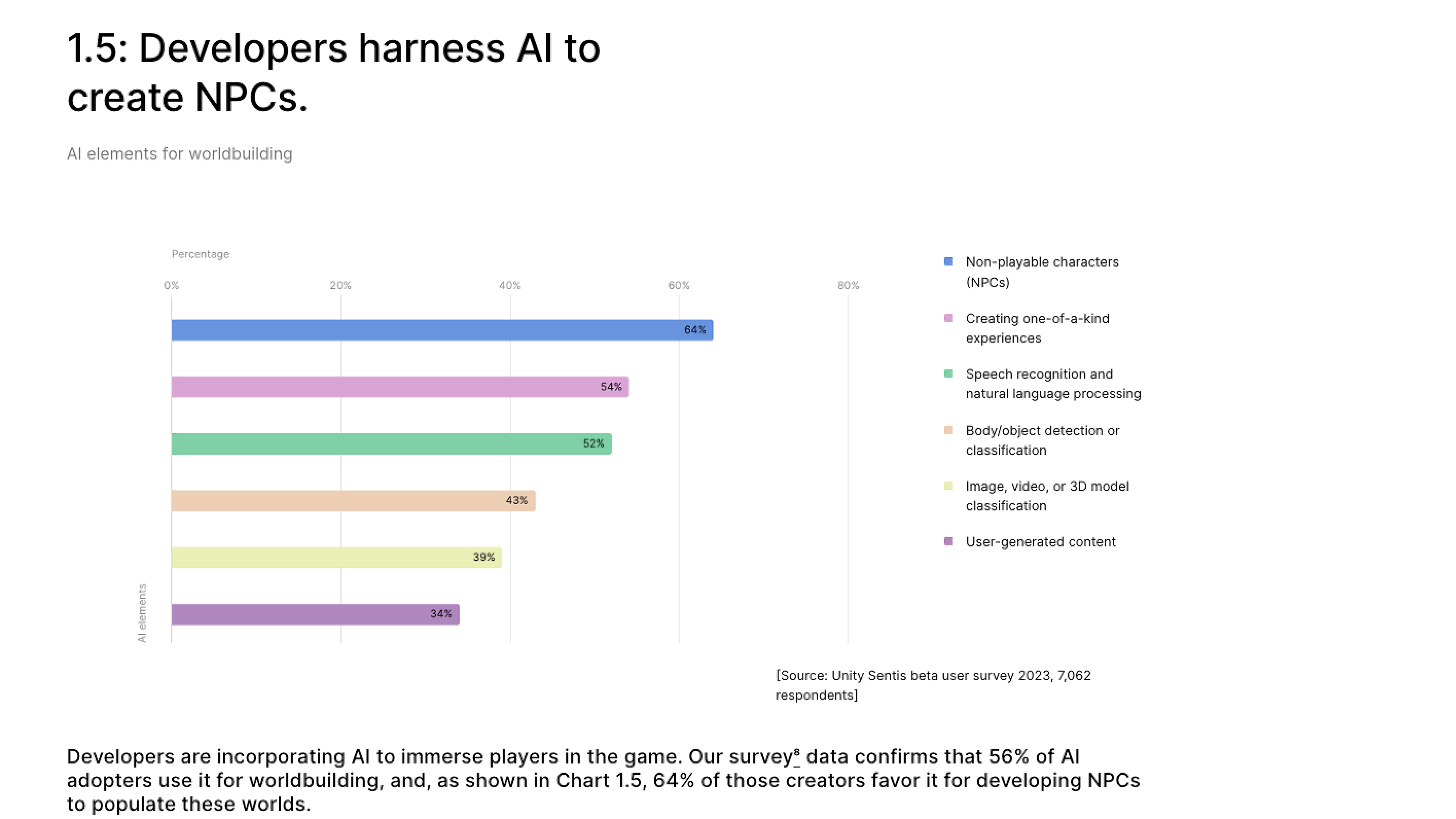
Considering that Niantic is a software development company that works with augmented reality, and is credited for hugely popular mobile titles like Pokémon Go, it's interesting to think how generative AI and machine learning technology can be incorporated legally with Nintendo copyrighted characters.
According to the Unity report, AI has been known to help generate prototypes in a studio's style, by using style guides to produce art assets that can fit with the look and feel of a project.
What this means for the wider games industry remains to be seen, but at least you could argue that AI is being used in the correct way for once, in a positive effort to manage workloads and increase efficiency, rather than for deceitful purposes or to share prompts of Biden and Trump.
Daily design news, reviews, how-tos and more, as picked by the editors.

Beth is Creative Bloq’s Ecommerce Writer and has the fun job of finding you the very best prices and deals on creative tech. Beth kicked off her journalistic career writing for Digital Camera World and has since earned bylines on TechRadar and PetsRadar too. With a Master's degree in Photography, Beth loves getting to tinker with new cameras, especially camera phones, as the resident Samsung fan on the team.
